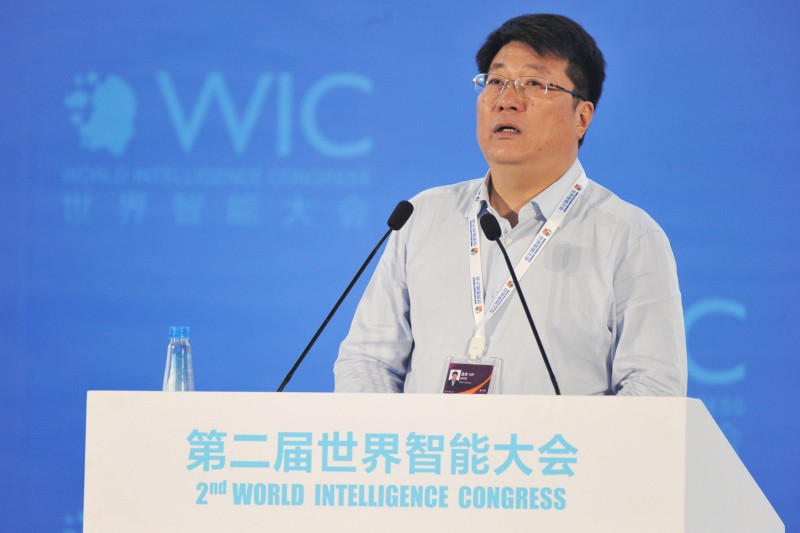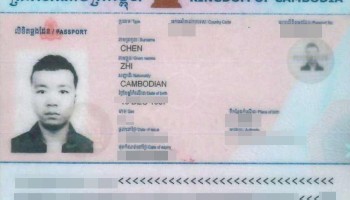Reported by
Chinese authorities on Wednesday sentenced Zhao Weiguo, former chairman of Chinese semiconductor giant Tsinghua Unigroup, to death with a two-year reprieve for a series of financial crimes, including embezzlement, illegal profit-seeking, and breach of trust, according to state broadcaster CCTV.
The Intermediate People’s Court in Jilin found Zhao guilty of using his position to steer lucrative real estate deals and company contracts to associates, primarily Li Luyuan. His actions caused more than 1.4 billion yuan ($194.22 million) in losses to state-owned assets.
Under the terms of the sentence, the death penalty is suspended for two years. If Zhao commits no further crimes during that period, it is expected to be commuted to life imprisonment. The court cited several mitigating factors, including his full confession, cooperation with investigators, and return of illicit gains. All of his personal assets have been confiscated.
Reportedly, Zhao was a prominent figure in China’s push to build a self-reliant chip industry. He led Tsinghua Unigroup from 2013 until 2022 and spearheaded an aggressive acquisition strategy, backed by Tsinghua University. During his tenure, the company acquired more than 20 firms, mostly in the semi-conductor sector, earning Zhao the nickname “M&A Maniac.”
During that time, the value of Tsinghua Unigroup’s assets ballooned from 1.3 billion yuan to nearly 298 billion yuan ($41.34 billion), briefly positioning it as a national champion in China’s semiconductor ambitions.
However, the company’s rapid rise was built on shaky financial ground. By late 2020, Unigroup began defaulting on its debts. In December 2021, following intervention by its parent company, Tsinghua Holdings, it was declared insolvent. A court-supervised restructuring was completed in mid-2022, transferring full ownership to new stakeholder Beijing Zhiguangxin Holding. Zhao stepped down shortly afterward and was placed under investigation.
In March 2023, China’s National Supervisory Commission formally accused Zhao of embezzlement, illegally enriching associates, and harming the interests of a publicly listed company. The case was then handed over to prosecutors, leading to conviction and sentencing.






